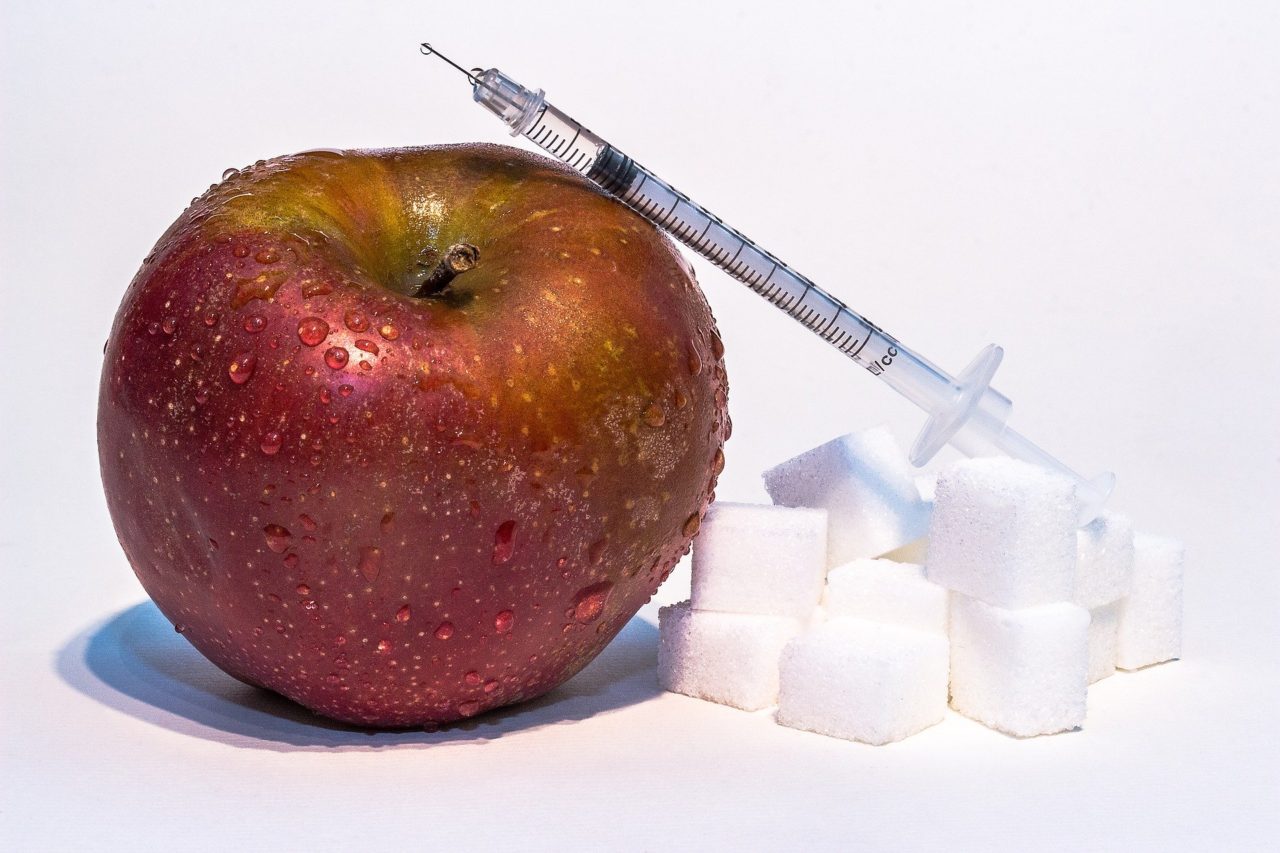
Glycemic Index of foods is one of the most important factors, which is considered while managing blood glucose spikes in diabetics and obese individuals.
Glycemic Index (GI) is the Carbohydrate ranking of foods on a scale of 1 to 100 depending on how quickly and how much they make the blood glucose levels rise after eating a particular meal or food.
Glycemic Index of foods can be largely classified as:
- Low GI Foods – Less than 55
- Medium GI Foods – Ranging between 56-70
- High GI Foods – More than 70
Low GI foods are those that are slowly metabolized, digested, and absorbed with a gradual rise in blood glucose and are typically considered a good choice while managing blood glucose levels.
But, do you think only high GI foods are responsible for quick blood glucose spikes??
Glycemic Index is not the only factor for carbohydrate management or blood sugar regulation. GI of foods at no stage symbolizes the nutrients present in them. There are various factors that need to be considered to manage the quick blood sugar spurge in an individual.
- Portion control – Total amount of carbs we eat at a time. e.g. Carrots are nutrient-dense and have a high GI but consuming small portions will not affect the blood glucose rise.
- Processing and cooking– Foods that are highly processed refined are devoid of fibre and tend to cause a sudden spike in blood sugar. e.g. whole fruit has a lower GI as compared to its juice. The foods that are cooked for a longer duration also have a higher GI.
- Food Combinations – Blood glucose will fluctuations depending on the quality and quantity of carbohydrates consumed; Glycemic load looks at these two factors. Hence, the combination of food becomes important. E.g. Eating white, refined rice alone will raise the blood glucose levels quickly, whereas, if eaten along with meat or any protein source and vegetables the blood glucose levels are controlled and much sustainable.
It’s good to know the GI value of foods but should not be considered the only factor while planning your meal. Choose foods that are whole, fresh, nutrient-dense, low in saturated fats, and less processed. Be mindful while making permutations to avoid blood sugar levels soaring!
Read our blogs on:



